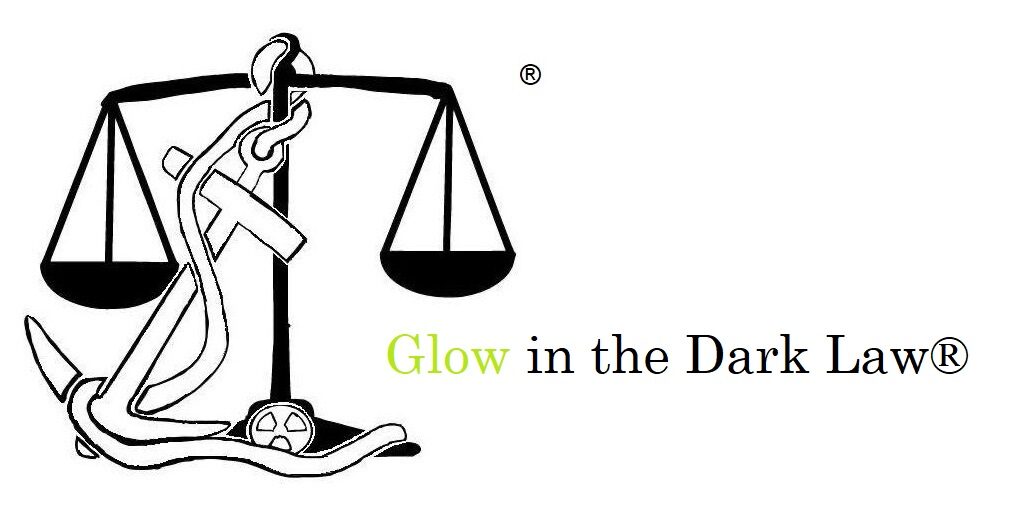
January 18, 2021 — Can a retiree be subject to courts-martial? Turns out, it depends on the branch of service and the type of retirement. If you’re a Marine or a Sailor and retire at 20 years to the Fleet Reserve, you remain subject to the provisions of the UCMJ. If you retire and elect not to join the Fleet Reserve (Navy and Marines), or retire from the Reserve Components (all branches), you are no longer at jeopardy of courts-marital, barring limited exceptions.
This presents some interesting Constitutional issues. The Navy-Marine Corps Court of Criminal Appeals considered this as a matter of equal protection in United States v. Begani, NMCCA No. 201800082 (Jan. 2020), and did not find equal protection a persuasive argument for relieving a retired Fleet Reservist to the results of his courts-martial on charges of attempted sexual assault and attempted sexual assault of a child. Without further detailing Chief Begani’s crimes, the NMCCA determined that although Congress elected to create various types of military retirement, it was not a violation of equal protection to hold different types of retirees to different standards. Other Constitutional issues, including notice and right to a jury trial, are also implicated.
UCMJ Article 2 (10 U.S.C. § 802) details who is subject to the UCMJ. These obviously include active duty personnel, and also include cadets, reservists, national guardsman, retirees entitled to pay, members of NOAA, Public Health Service, or other organizations when assigned to and service with the armed forces, POWs, and persons serving with or accompanying an armed force in the field. This opens a number of groups to jeopardy under the UCMJ which may not necessarily be aware of such jeopardy, including DoD contractors. While association with the armed services outside of an active duty or reserve status role has its advantages, the possibility of subjection to the UCMJ and courts-martial should not be ignored.
If you are employed in association with the U.S. Military and find yourself potentially facing punitive action under the UCMJ, it is imperative that you find legal counsel to represent you. Glow In The Dark Law™ may be able to help. Contact us today for a consultation!
